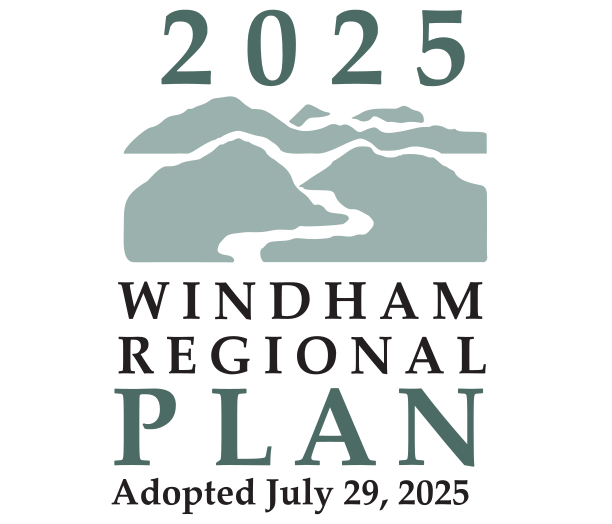Implementation
Background
The Regional Plan provides a vision for the region's future and offers guidelines, policies, and programs that together can serve as a roadmap for growth and development. This chapter describes methods the Windham Regional Commission will use to implement these guidelines, policies, and programs. There are three main mechanisms for Regional Plan implementation: (1) providing member towns with technical assistance to implement policies and recommendations from this plan at the local level; (2) managing regional programs and studies that benefit the region as a whole; and (3) cooperative engagement and partnership with state, federal, and regional agencies and non-profit and private entities that carry out the plan's goals and policies.
The plan also functions as the foundation for the Commission's annual Work Program. Programs identified in this plan and the implementation strategies will be reviewed each year in preparing the Work Program. Consideration should be given to identifying the highest priority needs in formulation of the document. In addition, this chapter discusses the project review process for Act 250 and Section 248 applications that are considered by the WRC for compliance with the Regional Plan, and the Plan's relationship to development trends, needs, and the plans for local municipalities and adjacent regions.
The WRC relies on a variety of different revenue sources to fund its work, which are described in the summaries of the implementation mechanisms. In addition, the Implementation Matrix identifies funding sources for the different action steps. Most of the WRC's revenue sources are tied to contracts with different State agencies and have scopes of work, guidelines, and performance measures. This means that the WRC has limited control over how it chooses to use the majority of its funding. Funding received through town assessments is particularly important as that revenue source provides us with the greatest latitude to respond to WRC-identified needs in the region. The WRC also receives funding from federal agency and non-profit organization grants and contracts for the provision of technical services with its member towns.
